Explore our exciting Pathways course clusters for Fall 2023. Each of the six clusters is helmed by a renowned faculty member in a small-class experience.
- Hub Course American Studies 10: Crisis and Cultural Innovation (Art and Literature breadth)
- Wing 1 Sociology 1: Introduction to Sociology (Social and Behavioral Sciences breadth)
- Wing 2 Philosophy 2: Individual Morality and Social Justice (Philosophy and Values breadth)
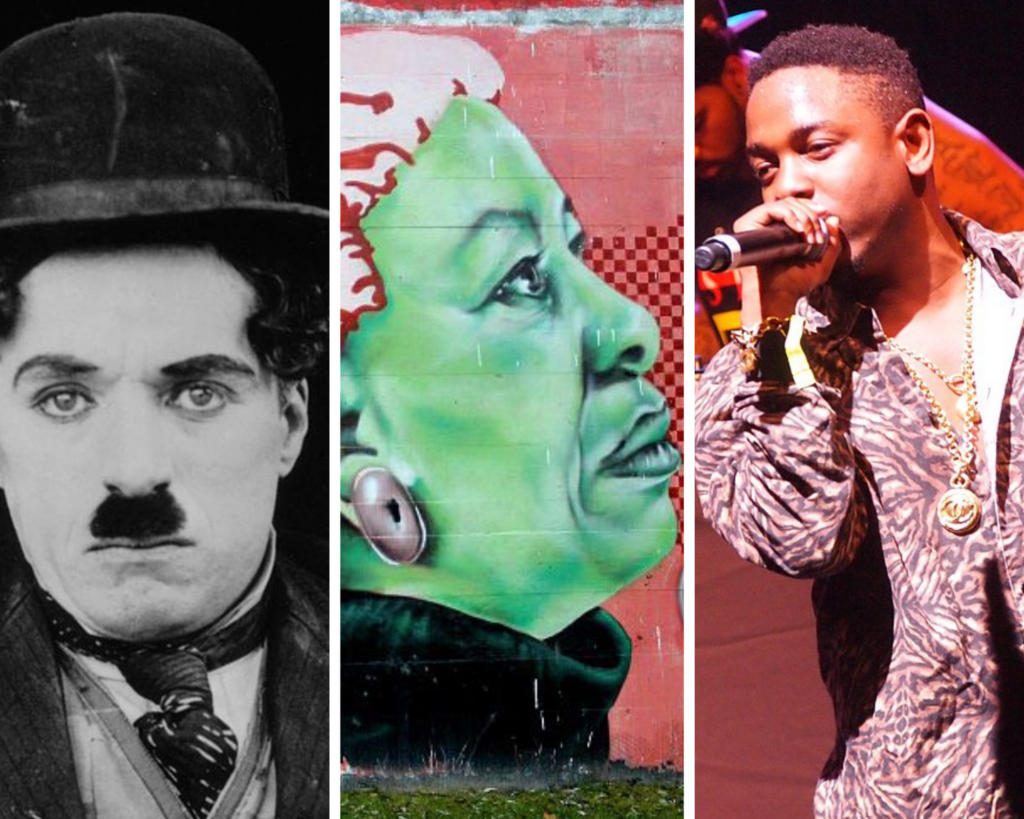
How do hard choices produce new ways of thinking? And how do hard times produce new ways of analyzing society and new forms of creativity? The courses in this cluster explore major crises of the 20th and 21st century — crises that have economic, social, and moral dimensions — and explore the artistic, sociological, and philosophical responses to these crises. They will especially investigate the promise of justice, equality, and freedom in American history, with attention to those who exercised their imaginations to confront long-standing impasses and “make a way out of no way.” The hub course in American Studies will introduce students to the history of cultural innovations in music, literature, film, and the arts in the US. Students will explore these works in the context of the work of W.E.B. DuBois, the extraordinary Black sociologist who investigated “the color line” in the first half of the twentieth century, and in light of philosophical investigations into what constitutes a moral choice.
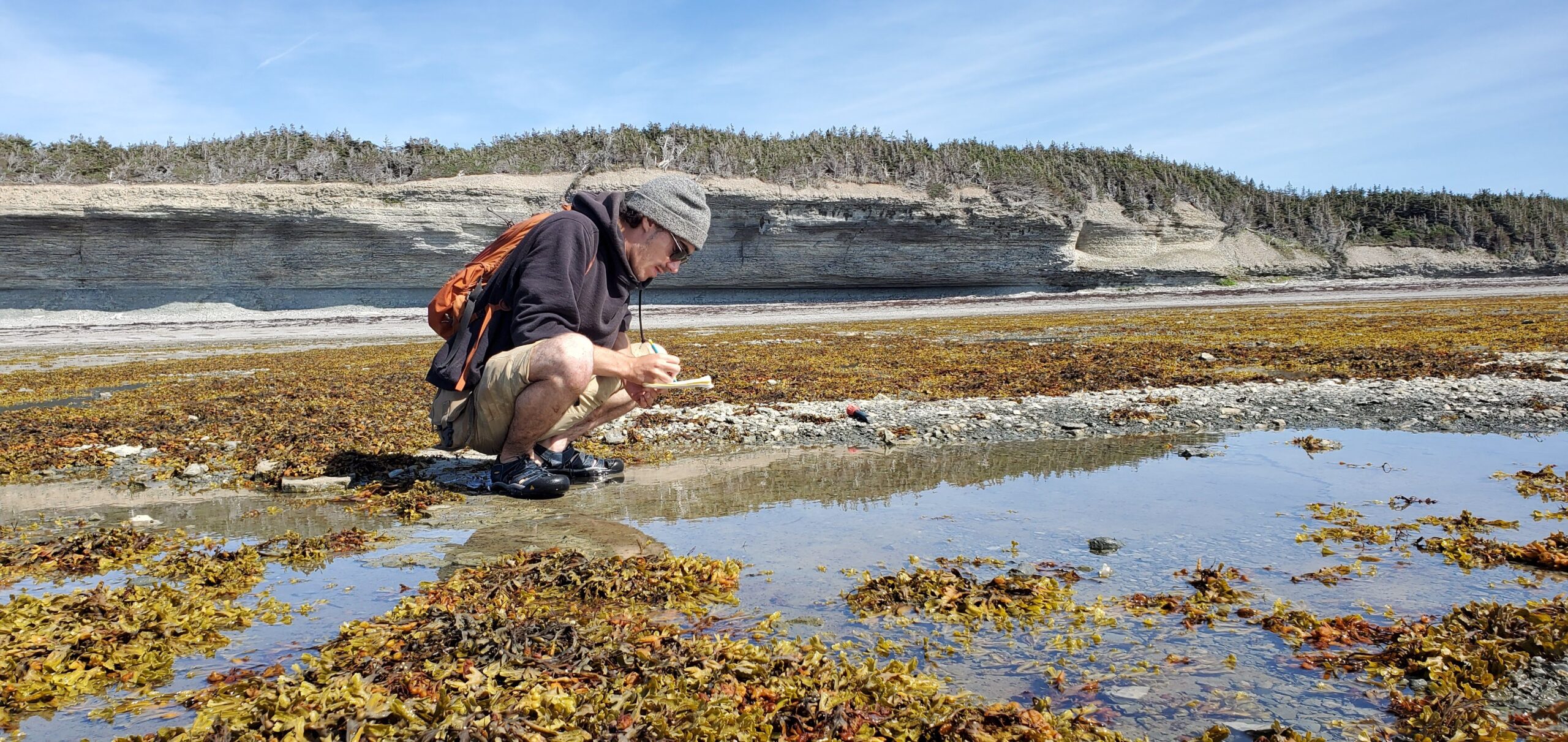
What does it mean to study something “from the field,” and how might that form of investigation teach us new things about California? Introducing you to the ideas and research forms of biology, archaeology, and geography, this cluster of courses will help you understand California from the perspective of its varied biomes, its human histories, and its forms of urban development. The hub course in Integrative Biology will feature five field trips to UC field stations and natural reserves located in and around the Bay Area (Point Reyes, Blue Oak Ranch, Hastings). Costs for these trips will be covered, no additional fees are assessed, but you must be able to fit them into your schedule.
- Hub Integrative Biology 82: Introduction to Field Research in Global Change Biology (Biological Sciences breadth)
- Wing 1 Anthropology 2AC: Introduction to Archaeology (Historical Studies breadth)
- Wing 2 Geography 50AC: California (Social and Behavioral Sciences breadth)
- Hub American Studies 10: Science Fiction (Art and Literature breadth)
- Wing 1 Interdisciplinary Studies Field 60: Technology and Values (Philosophy and Values breadth)
- Wing 2 History 30: The History of Science (Historical Studies breadth)
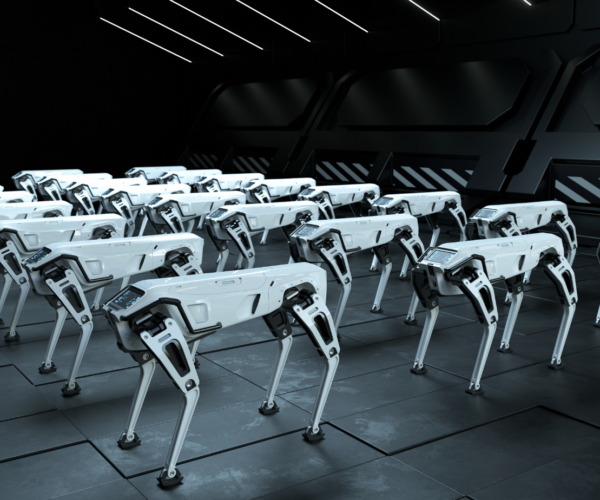
What might the arts and literature, philosophy, and history have to say about the intersections of technology and society? What kinds of insights might they have on the ethics of scientific innovation and the ways we think about creative technologies today? The hub course for this cluster will introduce students to how science fiction in film, literature, and music has offered an arena to think through the confluence of history, politics, economics, philosophy, and science. It will involve guest speakers and 1-2 cultural outings – the latter will be covered at no additional cost to students, but you must be able to fit them into your schedule.
- Hub Art History 18: Art and Climate Change (Art and Literature breadth)
- Wing 1 Earth and Planetary Science 80: Environmental Earth Sciences (Physical Sciences breadth)
- Wing 2 Environmental Economics and Policy 1: Introduction (Social and Behavioral Sciences breadth)
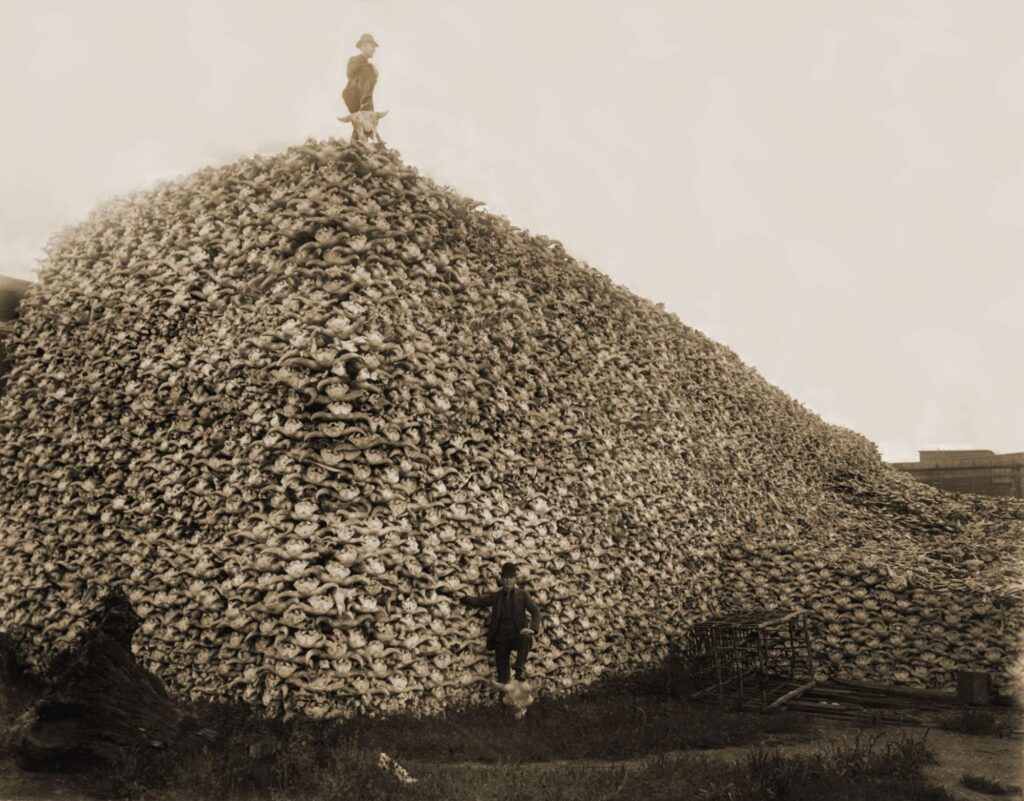
How might we relate microeconomics to the earth’s geological history? And what has art got to do with the economics of climate change? Bringing together the sciences, the social sciences, and the humanities, the three courses in this cluster will prompt you to explore the interconnected ecologies of planetary systems through interdisciplinary frameworks and hands-on creative workshops that emphasize decolonial histories, radical futures, and new imaginaries of life. The hub course in Art History will include walking tours of downtown Berkeley, visits to the Berkeley Art Museum and the UC Botanical Garden, and more. Outings will take place during class time, and all costs will be covered.

- Hub Art Practice 30: Water, Art, and California (Art and Literature breadth)
- Wing 1 Integrative Biology 11: The Natural History of California (Biological Sciences breadth)
- Wing 2 Geography 50AC: California (Social and Behavioral Sciences breadth)
Water resource challenges are among the most significant climate issues facing Californians. This cluster brings together a suite of courses in multimedia arts practice, the history of California’s natural world, and the development of its cities, in order to think about how Californians use water now and in the future. The hub course in Art Practice will introduce students to media art production with the end goal of advancing popular conceptions about water, and will culminate in a multimedia gallery exhibit about Water and California at the Worth Ryder Gallery on the Berkeley Campus. Participants will explore these issues in the wing courses in light of the history of California’s natural environment, and also in its urban development.
The hub course for this cluster will include multiple field trips, some of which require moderate hiking (for which alternative activities are available as needed for those needing accommodations); all costs for these trips will be covered, but you will be required to fit them into your schedule.
- Hub Psychology 22: Neurons in Context (Biological Studies breadth)
- Wing 1 Philosophy 2: Individual Morality and Social Justice (Philosophy and Values breadth)
- Wing 2 Scandinavian Studies 75: Nordic Culture and Values (Historical Studies breadth)
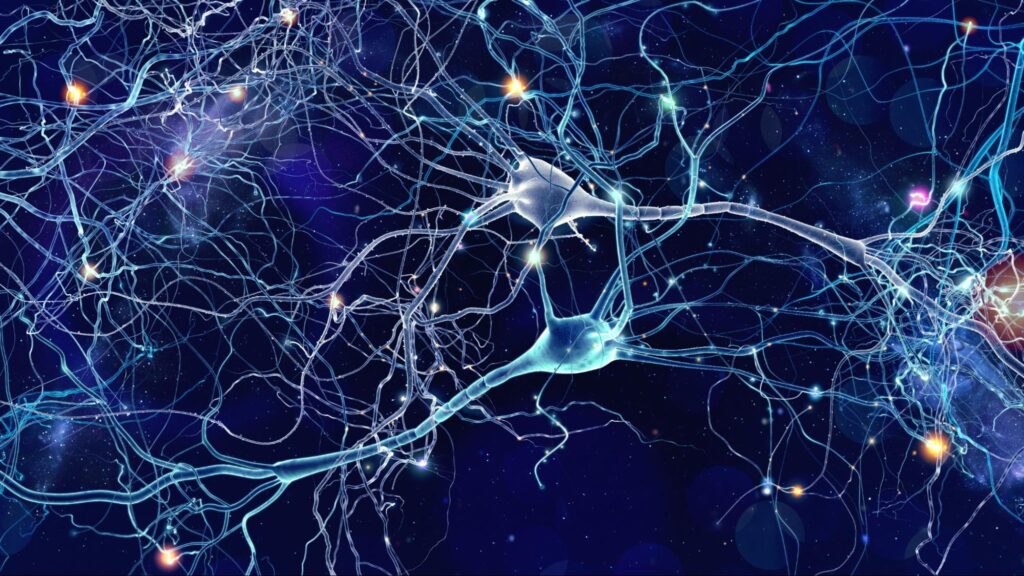
How do threat, deprivation, and uncertainty affect brain development? How can an understanding of neuroplasticity inform our national dialogue about individual and social responsibility? How can we build institutions and other structures that help everyone grow to their full potential and thrive? The hub course in this cluster, “Neurons in Context,” will teach students the basic mechanics of how brains work and how brains develop differently when exposed to stress, hunger, pollution, and other forms of adversity. In the wing courses, students will study questions about ethics and personal choice, social norms, and social change from the perspective of philosophy and from the history of Scandinavia, where these questions have led to particular social and political decisions. Together these classes will scaffold students’ journey through the multiple forces and decisions that shape both society and individual behavior and opportunities.